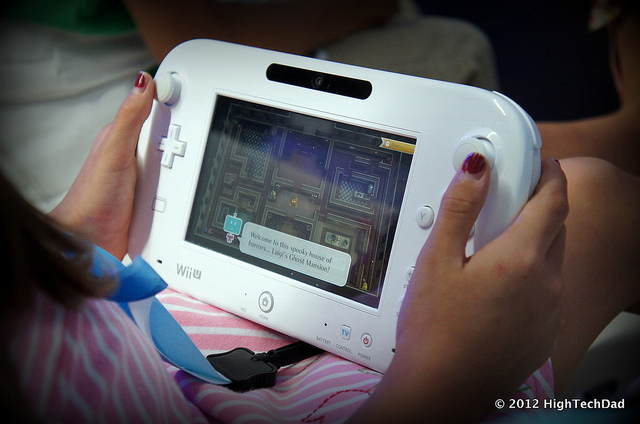Digital play can be described as a voluntary, energizing activity that involves the use of digital technologies. This includes activities related to video and computer games, Internet sites and search engines, electronic toys, mobile technologies, cell phones, iPads and tablets, and the creation of digital content. Examples of digital play include a teenage girl spending her time texting her friends, a 7-year-old child playing Minecraft on their computer, and a 14-year-old boy playing Call of Duty with his friends on Xbox-Live.
Digital play is one of the main ways children learn from their play in the 21st century. Because they spend so much time with digital media, it is imperative that we find ways to optimize what they are learning from their digital play. Digital play is no longer solitary: approximately 70% of all digital engagement is social. Digital play also contributes to the acquisition of 21st century skills by preparing children for future roles, developing communication and collaboration skills, nurturing creativity, and providing an opportunity for digital-literacy skills.
[cjphs_content_placeholder id=”73592″ random=”no” ]It is imperative that parents, educators, and clinicians recognize that play is crucial to children’s learning and development. It is also vital that adults recognize that a healthy balance of many types of play is conducive to real-world learning. Strategies for developing and optimizing digital play and enhancing the balance of play are described in the following links and articles.
Articles
Benefits of Gaming: What Research Shows (Concise article by Jordan Shapiro about the importance of digital play in children’s lives.)
Making Video Game Play More “Digitally Nutritious” (How to make video- game play into a more powerful learning experience.)
Videos
Video Games and Learning (One of the most entertaining, informative videos created by Daniel Floyd, with nearly 300,000 views.)
Can Video Games Make you Smarter? (Really fun 4-minute video that covers much of the research on games and learning.)





Hi, My almost 13 year old son ( who has ADD ) Loves War of Tanks online game. What kind d of game is this considered, and does it help his mind?
Thanks !
Jeanne
Hi Jeanne! War of Tanks is a strategy game, and it certainly can help him build thinking skills. As a general rule, strategy games exercise focus, planning, organization, self-control, and time management. We don’t have a Playbook on that one yet, thanks for alerting us to it!
i never knew that gaming really benefited us